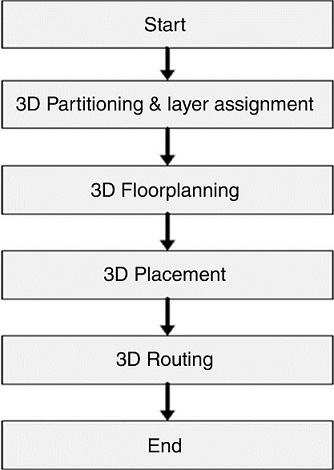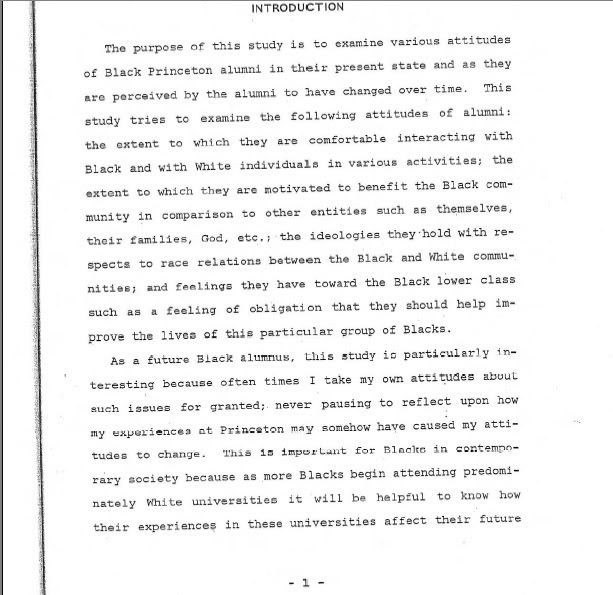The Causes of Nosebleed in the spring and Its Treatment.
Posterior nosebleed. A posterior nosebleed that does not stop bleeding on its own requires admission to the hospital, as these types of nosebleeds can be very serious. In order to control the bleeding, a posterior nasal packing will be inserted by your health care professional. While different types of packings are available, a balloon nasal.If you’ve ever wiped your nose and seen blood, you’ve had a nosebleed. They’re common: One out of every seven people in the United States will get a one at some point. They’re most common.Once the bleeding has stopped, do not touch or blow your nose. This may start it bleeding again. But if it does restart, gently blow your nose to get rid of any blood clots. You can also spray a.
Nosebleed in the spring: The most common type of nosebleed is the front nosebleed. As the frontal sinuses of the nose can be easily penetrated, as a result of their dryness or irritation. This is the main cause of nosebleed in the spring, and sometimes summer, between adults and young people.Nosebleed in children - 2- Treatment All emergency treatment is initially based on the First Aid principles (above). A nurse or doctor will show you how to hold your child’s nose to.

Nosebleed, an attack of bleeding from the nose. It is a common and usually unimportant disorder but may also result from local conditions of inflammation, small ulcers or polypoid growths, or severe injuries to the skull. Vascular disease, such as high blood pressure, may provoke it, and such d.












